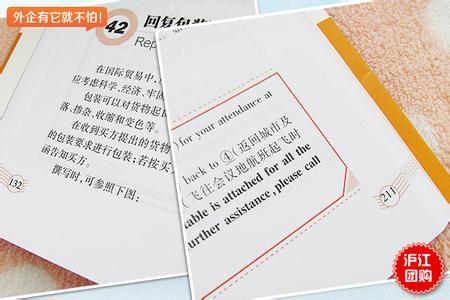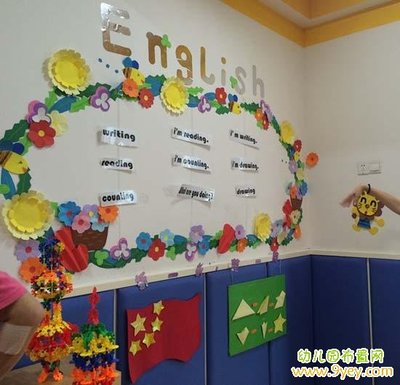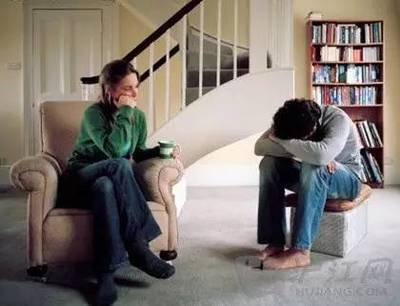下面小编为大家带来职场英语接受邀请怎么说,欢迎大家学习!
1.接受邀请口语句子:OK!

=All right.
好的!
Great!/Lovely!
太好了!
You bet!
当然愿意了!
You bet your life.
当然了。
bet v. 打赌
此句也可译为“当然,一定的,好的”。
That's settled then.
就这么定了。
settled a. 固定的,确定的
Great! I'd love that.
太好了!我很愿意。
I'd love to.
我很愿意。
That sounds great!
= That sounds like a good idea.
= Sounds great!
听上去不错!
It would be very nice to have dinner with you.
能和你一起进餐真好。
That would be very nice.
那太好了。
I'd very much like to accept your invitation.
accept v. 接受,认可
invitation n. 邀请(动词“invite”的名词形式)
What a splendid idea!
真是个好主意!
splendid a. 极好的,令人满意的
We'd be delighted to attend your wedding.
我们非常高兴参加你们的婚礼。
wedding n. 婚礼,婚宴
It would give us great pleasure to attend the banquet.
我们非常荣幸能去参加这个宴会。
banquet n. 宴会
I'll be there.
我会去的。
I'll be right there on time.
我会准时到的。
on time“按时,准时”
2.情景对话Frank! Hi. Alice. What are you doing this Sunday?
弗兰克:嗨,爱丽丝。你这周六打算干什么?
Alice: Nothing really. Why? What's up?
爱丽丝:没什么。怎么了?有什么事吗?
Frank: If you're free, maybe you would like to come to a small party I'm having for my birthday. It should be fun. You'll get
to know lots of people.
弗兰克:如果你有空的话,也许你会愿意来参加我为庆祝生日而举办的小型聚会。应该很有意思的。你可以结识很多人。
Alice: Sounds great. I'd very much like to accept your invitation. Thanks. When?
爱丽丝:听起来不错啊。我非常愿意接受你的邀请。谢谢啊。什么时候开始?
Frank: Around 6:00 pm.
弗兰克:大约下午六点吧。
Alice: Do you need help setting up or anything? I don't mind. I like to do that kind of thing. It's fun and I have a good
eye for decorating.
爱丽丝:你需要帮忙布置或其他什么吗?我不介意的。我很乐意做那些事的。做室内布置很有趣,而且我对此很有眼光。
Frank: No. Thank you. I can handle it. But thanks for the offer.
弗兰克:不用了。谢谢。我自己可以应付得来。但还是要谢谢你的好意。
Alice: OK. I'll see you then.
爱丽丝:好吧。那到时候见。
Frank: Great. Have a good day! Thanks again for the offer.
弗兰克:好。祝你一天好心情!再次感谢你的好意。
3.详细解说1.“What,s up?”在这里表示“怎么啦?发生什么事了?” 。相当于“What's the matter? What's wrong?”。另外,“What's up?”还可以用作问候语,用于熟人之间,和“What's new?”相似,表示“有什么新鲜事情发生吗?有没有什么新鲜事儿?”,例如:-Hey Chris. What's up?-Not much.(-嘿,克里斯。有什么新鲜事吗?-没什么新鲜事。)
2.“set up”在这里的意思是“(为活动等)做安排,组织”,例如:There's lots of work involved in setting up the festival.(节日
安排涉及的工作很多。)
3.“have an eye for sth.”表示“对…有眼光,对…有鉴赏力”,例如:she has an eye for beauty.(她很有审美眼光。)I've never
had much of an eye for fashion.(我对时尚从来就没有太多的鉴赏力。)
 爱华网
爱华网



